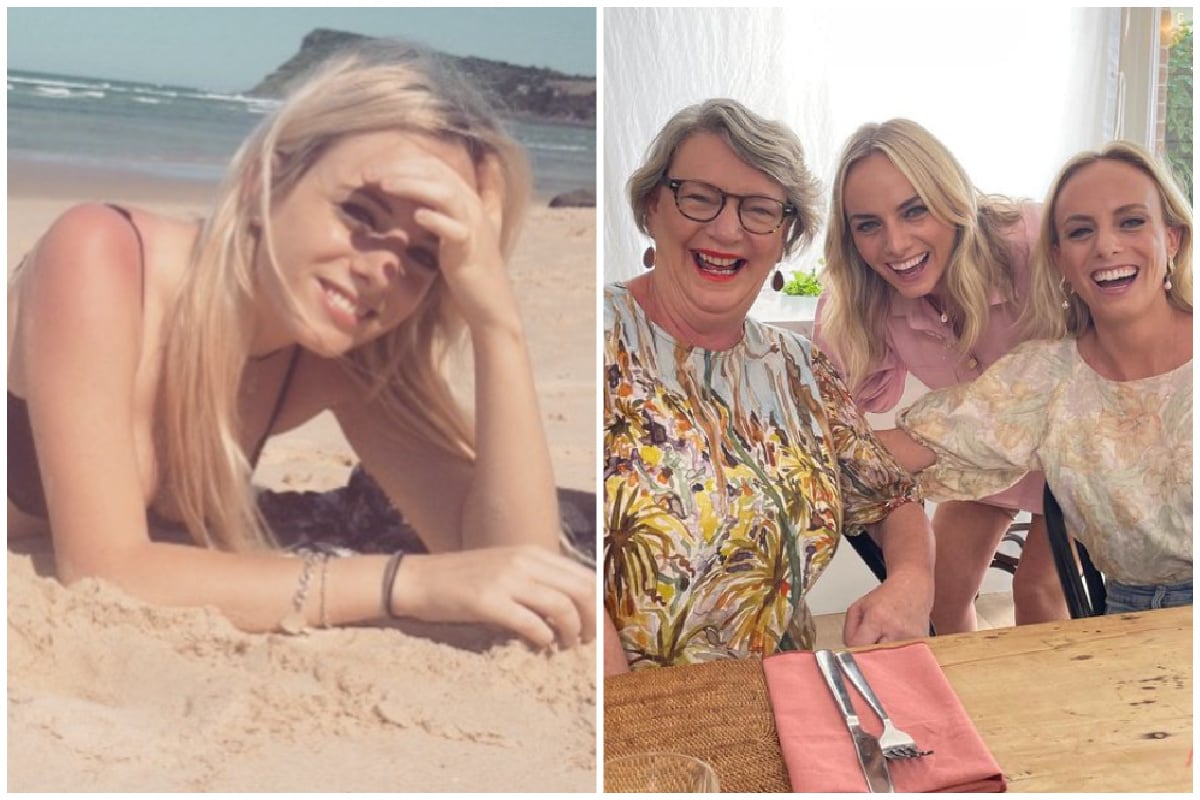
1. Tell him (or her) to f*ck off.
Maybe not in those words. But trust your gut.
There are people who will take advantage of the fact that you're quiet and passive and hate conflict, and will use that to manipulate you. They'll tell you what to do and replace your voice with theirs, so you no longer know how to follow your own instincts.
If someone is being cruel or making you uncomfortable, listen to yourself. Be brave enough to speak up and don't worry about looking like an idiot or feeling embarrassed. It's good practice because setting boundaries and being honest and direct is one of the best things you can do for your own wellbeing.
While I'd never actually tell someone to "f*ck off," there are many times I should've spoken up with phrases to that effect. Now, I watch people who have learnt to assert themselves and I'm envious, because at 32, I'm just starting to figure out how to stand up for myself.
2. No one cares what you look like. They care how you make them feel.
I spent most of my childhood and adolescence fixated on hating my appearance. I hated my skin, my hair, my teeth, my body, and believed that my value - particularly as a woman - was intrinsically tied to how I looked.
I remember being jealous of the girls who were effortlessly beautiful, and whose existence seemed simpler for it. At the same time, I didn't feel good after spending time with those kinds of people. I didn't enjoy when conversations and experiences were superficial, and didn't feel comfortable with the types of people whose identity was built on their physical appearance. I wanted depth. And vulnerability. And self-deprecating humour.
It's taken me until recently to learn that the people who matter don't care what you look like. Being technically beautiful isn't a skill or an achievement, and it's not what anyone talks about at your funeral. People care about how you make them feel. They care whether you're warm and genuine and kind and interested and funny and supportive. They care whether you do the right thing.
A constant focus on how you look is ultimately incredibly narcissistic and a waste of time. I wish I'd realised this earlier, mostly so I could've had the confidence to be braver in starting and maintaining friendships.
As a side note, it took me about a decade to learn that the more I hated my body, the worse I treated it. I thought my constant negative internal dialogue would motivate me to exercise and eat well, but it did exactly the opposite. It's just another reason I wish I'd known that no one (that really matters) cares what you look like. They care far more about being around someone who's focused on enjoying life rather than hating their body.
3. Keep. A goddamn. Journal.
My perfectionism has stopped me from experiencing the joy and freedom that can come from writing. I'm hard on myself when I write, second-guessing every sentence and telling myself there are better ways to express everything - ways I'll never be able to master.
But now in my 30s, I wish I'd had a different approach to writing. I wish I'd written regularly in my 20s, about what my life looked like, what I noticed, what I was worrying about or focused on. I even wish I'd written throughout the pandemic, because years down the track it'll be fascinating to look back on how we all processed what was going on and how it felt for our lives to change overnight.
I think there are insights I've lost because I never wrote them down, and ideas I could've developed and revisited if I'd been kinder to myself and my words.
I'd tell my younger self that creativity isn't about getting things 'right'. It's simply about expression, and it's a process to let it come out without judgment.
Read more in our Three Things I'd Tell My Younger Self Series:
'Not everyone will like you.' The 3 things Leigh Campbell would tell her younger self.
'Stop dating sh*t people.' The 3 things Jessie Stephens would tell her younger self.
Feature Image: Instagram.
Can’t live without your phone or the internet? Take our survey now and you go in the running to win a $100 gift voucher!
